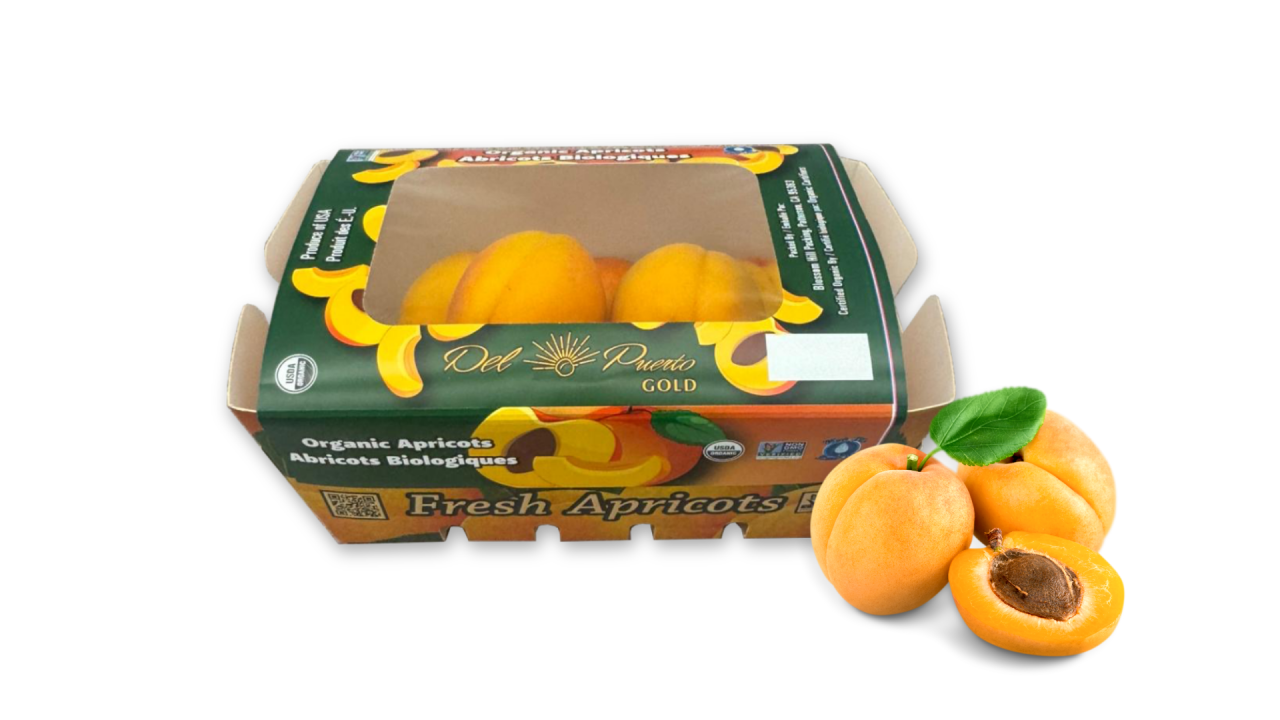Grant to fund research into next-gen bioplastics

- £150,000 grant is part of the Technology Strategy Board’s “Sustainable high value chemical manufacture through industrial biotechnology” technical feasibility competition
- Grant will support an initial feasibility project to isolate a chemical from lignin to replace an oil-derived equivalent
Biome Technologies is to investigate a bio-based alternative for the oil-derived organic chemicals used in the manufacture of bioplastics.
The Technology Strategy Board, the UK’s innovation agency, has awarded a grant to a consortium led by Biome Technologies to investigate whether organic chemicals derived from lignin, a waste product from the pulp and paper industry, could be used in the manufacture of high-performance bioplastics.
The research will be undertaken by Biome’s bioplastic division Biome Bioplastics, in conjunction with the University of Warwick’s Centre for Biotechnology and Biorefining.
Biome Bioplastics currently manufactures a range of packaging products from bioplastics. including extruded tubes and wraps for savory products, sweets, cheese, biscuits and burgers.
The £150,000 grant is part of the Technology Strategy Board’s “Sustainable high value chemical manufacture through industrial biotechnology” technical feasibility competition, which funds projects that apply sustainable bio-based feedstocks and biocatalytic processes in the production of chemicals.
Using biological materials to make industrial products is recognized by the UK government as a promising means of developing less carbon intensive products and processes, with an estimated value to the UK of between £4 billion and £12 billion by 2025.
Some oil-based chemicals are widely used in the manufacture of the current generation of bioplastics to convey properties including mechanical strength, tear resistance and durability. Deriving these chemicals from a plentiful, natural source could significantly reduce costs, and expand the functionality and performance of bioplastics, so enhancing their ability to compete with, and ultimately replace, conventional oil-based plastics.
A potential source of bio-based chemicals is lignin, a complex hydrocarbon that helps to provide structural support in plants. As a waste product of the pulp and paper industry, lignin is a potentially abundant feedstock that could provide the foundation for a new generation of bioplastics.
Worldwide consumption of paper has risen by 400 percent in the past 40 years, and today over 100 million tonnes of paper and paperboard is produced in Europe alone.
The grant will support an initial feasibility project to isolate a chemical from lignin to replace the oil-derived equivalent currently used in a polyester that conveys strength and flexibility in some of Biome’s products. The production of such a bio-based polyester would reduce the cost and further enhance the sustainability of these products.
If the initial feasibility assessment is successful, Biome will explore the possibilities for deriving a wide selection of bio-based aromatic chemicals from lignin, further reducing the cost and expanding bioplastic functionality.
Tim Bugg, director of the University of Warwick’s Centre for Biotechnology and Biorefining, said: ‘The environmental and social concerns surrounding the use of fossil fuels and food crops make lignin a compelling target as a source of chemicals. Often considered a waste product, it may provide a sustainable source of building blocks for aromatic chemicals that can be used in bioplastics.’
Biome Bioplastics chief executive officer Paul Mines said: ‘The bioplastics market remains small compared to that of fossil-based polymers. Growth is restricted by the price of bioplastic resins being up to four times that of their petrochemical counterparts.
‘We anticipate that the availability of a high-performance polymer, manufactured economically from renewable sources would considerably increase the market.’
Read more about environmental issues here
Read more about substrates here
Read more news from across Europe here
Stay up to date
Subscribe to the free Label News newsletter and receive the latest content every week. We'll never share your email address.

